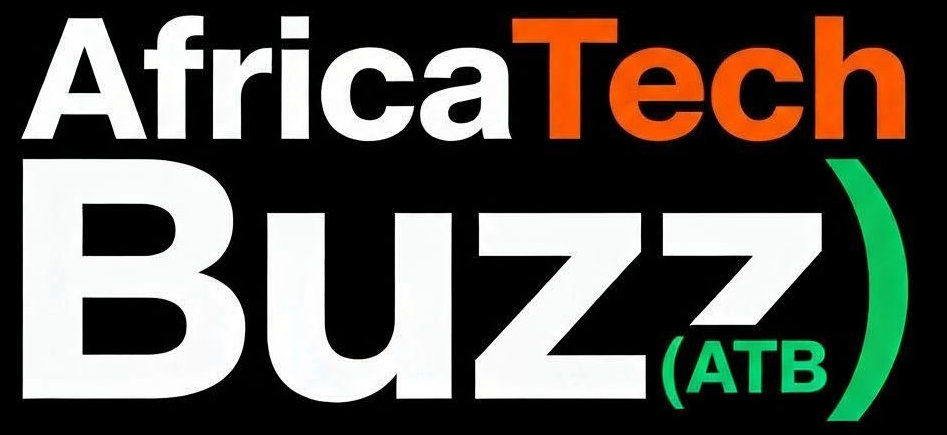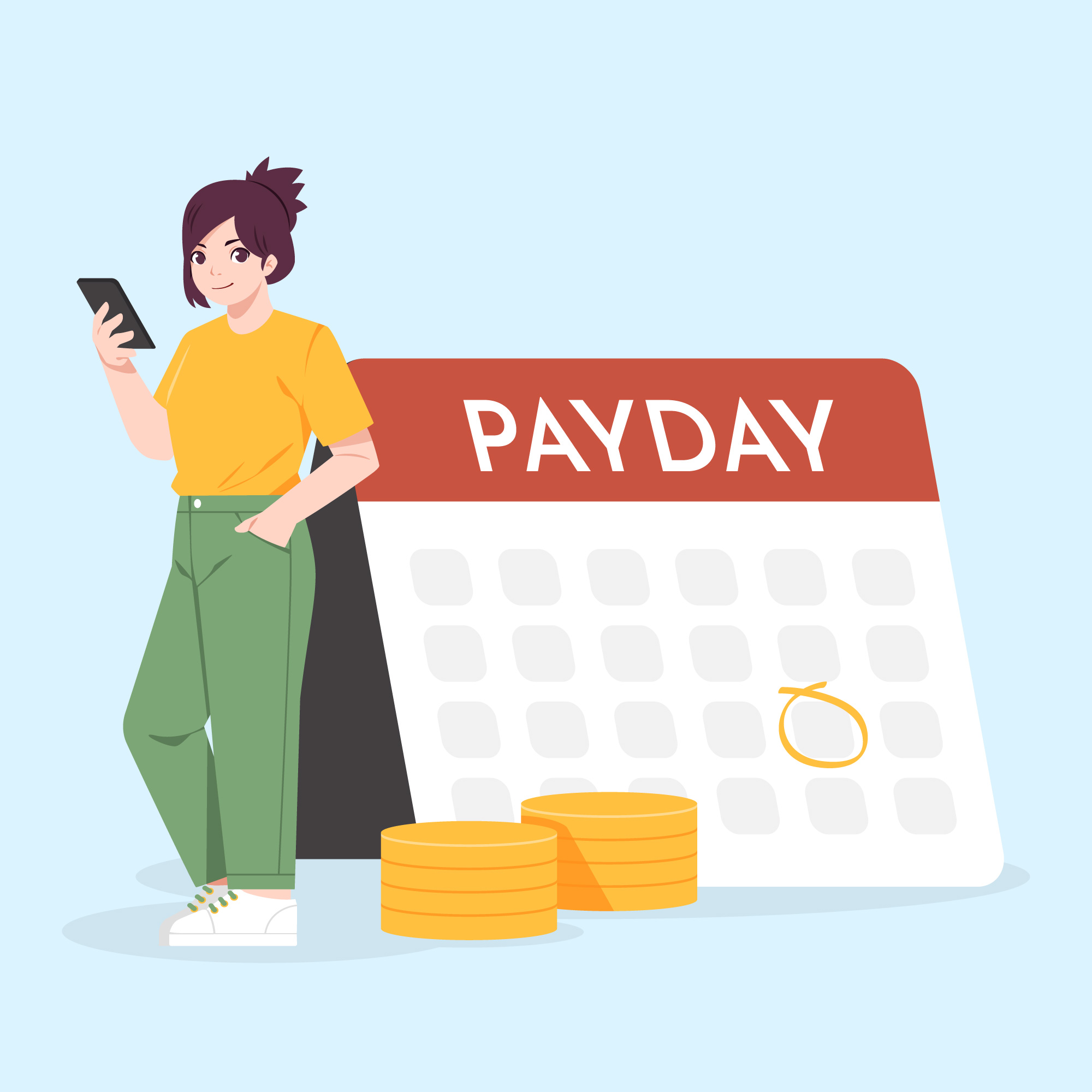How Can I Manage My Money Better and Stop Living Paycheck to Paycheck?
Ever feel like your salary vanishes the moment it hits your account? You’re not alone. Around six out of ten people live from paycheck to paycheck.
Payday feels like a win, until bills, debt, and surprise expenses swoop in and drain it all. By mid-month, you’re back to checking your balance like it’s a crime scene, waiting for the next salary alert.
The truth? Living paycheck to paycheck isn’t just stressful it keeps you trapped in a cycle where building real wealth feels impossible. The good news? You can break free, take control of your finances, and start making your money actually work for you.
Here’s a simple framework to get you started.
1. Track Every Naira You Spend
You can’t fix your money if you don’t know where it goes.
Spend 30 days tracking every expense. Use an app, spreadsheet, or even a notebook. Categorize everything rent, food, transport, subscriptions, fun money, and debt. When you see your money in black and white, you’ll spot leaks you didn’t even realize existed. Awareness is step one to freedom.
2. Create a Realistic Spending Plan
Forget restrictive budgets — think of it as a money game plan.
A simple formula:
-
50% on Essentials: Rent, food, transport, utilities.
-
30% on Lifestyle: Subscriptions, eating out, entertainment.
-
20% on Savings & Investments: Emergency fund, mutual funds, ETFs.
Got debt? Adjust these percentages to pay it off faster.
3. Tackle High-Interest Debt First
Debt with high interest is the sneaky thief of your income.
-
List all your debts, from highest to lowest interest.
-
Pay off the priciest ones first — credit cards, quick loans, etc.
-
Negotiate better terms where you can.
The money you free from debt should flow straight into savings or investments.
4. Build a Safety Net
An emergency fund is your financial airbag.
Start small — even ₦20,000 or $50 a month works. Keep it separate from your regular account. Aim for 1 month of expenses first, then grow to 3–6 months.
When emergencies hit, you won’t slide back into debt.
6. Find Ways to Grow Your Income
Cutting costs is only half the battle — earning more accelerates freedom.
-
Ask for that raise with proof of your value.
-
Start a side hustle — freelance, teach, or sell digital services.
-
Learn new skills that boost your earning potential.
Wealth isn’t an instant jackpot — it’s built step by step, month by month.





Ahaa, its nice discussion regarding this piece of writing at this place at this website, I have read all that, so now me also commenting at this place.
I need to to thank you for this good read!! I absolutely loved every little bit of it. I have got you bookmarked to look at new stuff you
Everything is very open with a clear explanation of the challenges. It was definitely informative. Your site is extremely helpful. Thanks for sharing!
You’ve made some decent points there. I checked on the internet for more info about the issue and found most individuals will go along with your views on this website.
It’s very simple to find out any topic on web as compared to textbooks, as I found this paragraph at this web page.
I am sure this paragraph has touched all the internet people, its really really nice paragraph on building up new webpage.
Spot on with this write-up, I truly think this website needs far more attention. I’ll probably be back again to see more, thanks for the information!
This is very interesting, You are a very skilled blogger. I’ve joined your feed and look forward to seeking more of your fantastic post. Also, I’ve shared your site in my social networks!
Ahaa, its fastidious conversation concerning this post at this place at this blog, I have read all that, so at this time me also commenting at this place.
Ahaa, iits nic conversation about this piece of writing at tis pllace att this blog, I hace ead all that, so aat tuis time mee alswo commenting here.
Your method of explaining everything in this article is in fact fastidious, every one be capable of effortlessly know it, Thanks a lot.
I will right away clutch your rss as I can’t in finding your e-mail subscription hyperlink or e-newsletter service. Do you’ve any? Kindly allow me recognise so that I may subscribe. Thanks.
I love what you guys tend to be up too. This type of clever work and coverage! Keep up the wonderful works guys I’ve added you guys to my own blogroll.
There’s certainly a great deal to know about this topic. I love all of the points you made.
I will right away take hold of your rss feed as I can’t to find your email subscription link or newsletter service. Do you’ve any? Please allow me know so that I may subscribe. Thanks.
I love it when folks get together and share thoughts. Great site, stick with it!
Ahaa, its fastidious conversation about this piece of writing here at this web site, I have read all that, so at this time me also commenting here.
I am sure this article has touched all the internet users, its really really fastidious piece of writing on building up new blog.
Incredible! This blog looks exactly like my old one! It’s on a entirely different topic but it has pretty much the same layout and design. Wonderful choice of colors!
I want to to thank you for this wonderful read!! I absolutely enjoyed every little bit of it. I’ve got you book marked to look at new stuff you post…
Only wanna say that this is very useful, Thanks for taking your time to write this.
I am sure this piece of writing has touched all the internet people, its really really good post on building up new weblog.